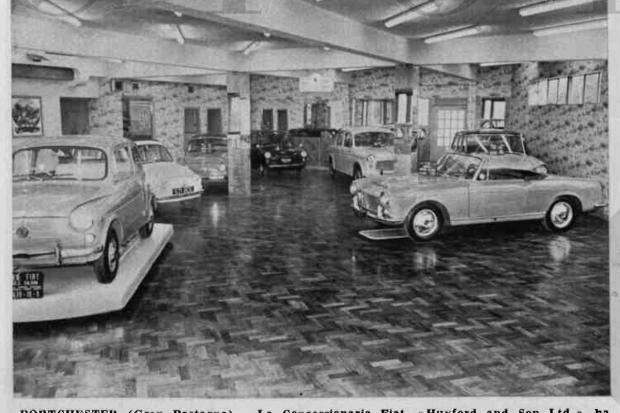
I do enjoy a bit of Who Do You Think You Are?, the TV programme in which celebrities uncover their family history and inevitably discover that they are distantly related to the Duke of Wellington.
What does interest me as a result of watching the show, however, is the odd correlation that frequently pops up between the career of an ancestor and that of the 'researcher'. I say 'researcher' because I’m quite sure that it isn’t the featured celeb who spends months trawling through parish records before finally hitting upon something worth a prime-time spot on the BBC!
Entertainers have on several occasions discovered that the great grandfather they never knew was a big player in music hall for instance, and it led me to think about my own family’s past.
I’m ashamed to say that I never really had much of a relationship with my paternal grandfather. By the time I was in my formative years he was already very hard of hearing and so conversation was limited – particularly because he carefully chose the moments when he would switch his hearing aids on (although that was more to do with his desire to hear my grandmother… or not!).
I vaguely knew that he had worked in a garage at some time and, judging by the fact that he always had a Fiat on the drive, I guessed at their speciality.
Inspired by the impressive work that my uncle has been doing in plotting the Port family tree, I decided to find out more and see if there was any link between my amateur motoring obsession and my not-too-distant ancestry.


